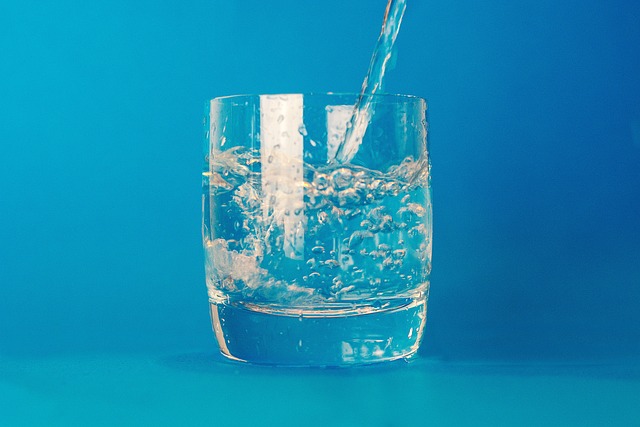This post is the first a series of posts about Preventing Alzheimer’s disease. Here is a preview of what we will be covering in this series. Much of the information is based on The 4 Pillars of Alzheimer’s Prevention™, a well-researched program developed by the Alzheimer’s Research and Prevention Foundation (https://alzheimersprevention.org/) Please visit their website if you would like to learn more about ARPF’s research and mission.
Upcoming Topics:
Diet: In this section we will be covering the role of a healthy diet in preventing Alzheimer’s disease. I will be giving you specific information and will also be discussing supplements and nutrients that are helpful for prevention.
Stress Management: Next we will cover how chronic stress can have detrimental effects on the brain and increase the risk of cognitive decline. We will be exploring the specifics behind why stress causes damage to the brain and will look at stress managing tools which improve brain function, enhance memory retention, and protect against neurodegeneration.
Exercise: Next up is the role of physical activity. As you will see, the right type and amount of regular exercise plays a significant role in promoting the growth of new neurons, strengthening neural connections, reducing inflammation, and improving overall cognitive function.
Cognitive Stimulation: Next we will discuss ways to keep your mind active through lifelong learning. Continuing to learn new things stimulates neural pathways and enhances cognitive reserve—the brain’s ability to withstand damage or changes associated with aging or diseases like Alzheimer’s.
Research and outlook for the future: Lastly, I will be giving you an update of the latest research in Alzheimer’s prevention and treatment, including a promising new pharmacological treatment that could ultimately reverse neuron destruction and promote new neuron connections in the brain.
This week’s topic is DEHYDRATION
If there was only one action that I could persuade everyone to take, it would be to DRINK ENOUGH WATER. Nearly all of our body’s major systems depend on water to survive. Dehydration is extremely common as we get older, as our sense of thirst declines and we actually can be dehydrated before we even feel thirsty.Dehydration also has a significant impact on how well the brain works. Research suggests that even mild dehydration can negatively affect brain performance, including attention, memory, and overall cognitive abilities. Most importantly, dehydration in older adults significantly increases the risk of development of Alzheimer’s disease and other types of dementia.
Effects of Dehydration:
Cognitive Performance
A study published in The Journal of Nutrition revealed a clear association between hydration status and cognitive function. Researchers found that even minor fluid loss equivalent to 1-2% of body weight resulted in reduced attention span, slower reaction times, impaired short-term memory, and difficulty performing mental tasks accurately.
Attention Span
One of the primary cognitive functions affected by dehydration is attention span. When dehydrated, individuals tend to experience difficulty concentrating on tasks for extended periods. Their focus becomes compromised as they struggle to process information efficiently.
Memory
Another area heavily affected by dehydration is memory function. Proper hydration supports brain cell communication and ensures optimal nutrient delivery throughout different regions in the brain responsible for memory formation and retrieval processes. Mild dehydration disrupts these crucial processes leading to reduced short-term memory capacity. As a result, remembering important details or events becomes more challenging when dehydrated.
Mental fatigue
Dehydration also contributes to mental fatigue, which further impairs decision-making skills. Studies indicate that inadequate water intake can lead to feelings of tiredness and decreased energy levels. Consequently, individuals may struggle with critical thinking skills required for complex problem-solving or decision-making tasks.
How to Prevent Dehydration-Related Cognitive Decline
To maintain optimal brain health and prevent impairment due to dehydration-induced cognitive decline consider making improvements in these areas of your daily routine:
- Stay Hydrated: Make it a habit to drink water regularly throughout the day rather than waiting until you feel thirsty. Aim for at least eight 8-ounce glasses of water each day, more in the summer and/or when humidity is very low.
- Monitor Your Fluid Intake: Pay attention to your urine color; if it appears dark yellow or amber-colored instead of pale yellow or clear – drink more water!
- Limit Diuretic Beverages: Be mindful about consuming excessive diuretic beverages like coffee or alcohol since they have a dehydration effect on the body..
- Increase Water-Rich Foods Consumption: Add water-rich fruits such as watermelon, cucumber and oranges alongside vegetables like lettuce into your diet as an additional source of hydration.
This week’s strategy
Try starting your day with a full glass of water. If you don’t like the taste of plain water, try adding a squeeze of lemon or a splash of unsweetened cranberry juice.
I want you to keep in mind that prevention is not an all-or-nothing endeavor. Many times the overwhelming amount of information available keeps us from taking even the smallest step forward. Please know that any step you take forward is significant. It is small steps taken consistently over time that ultimately create results and change.



